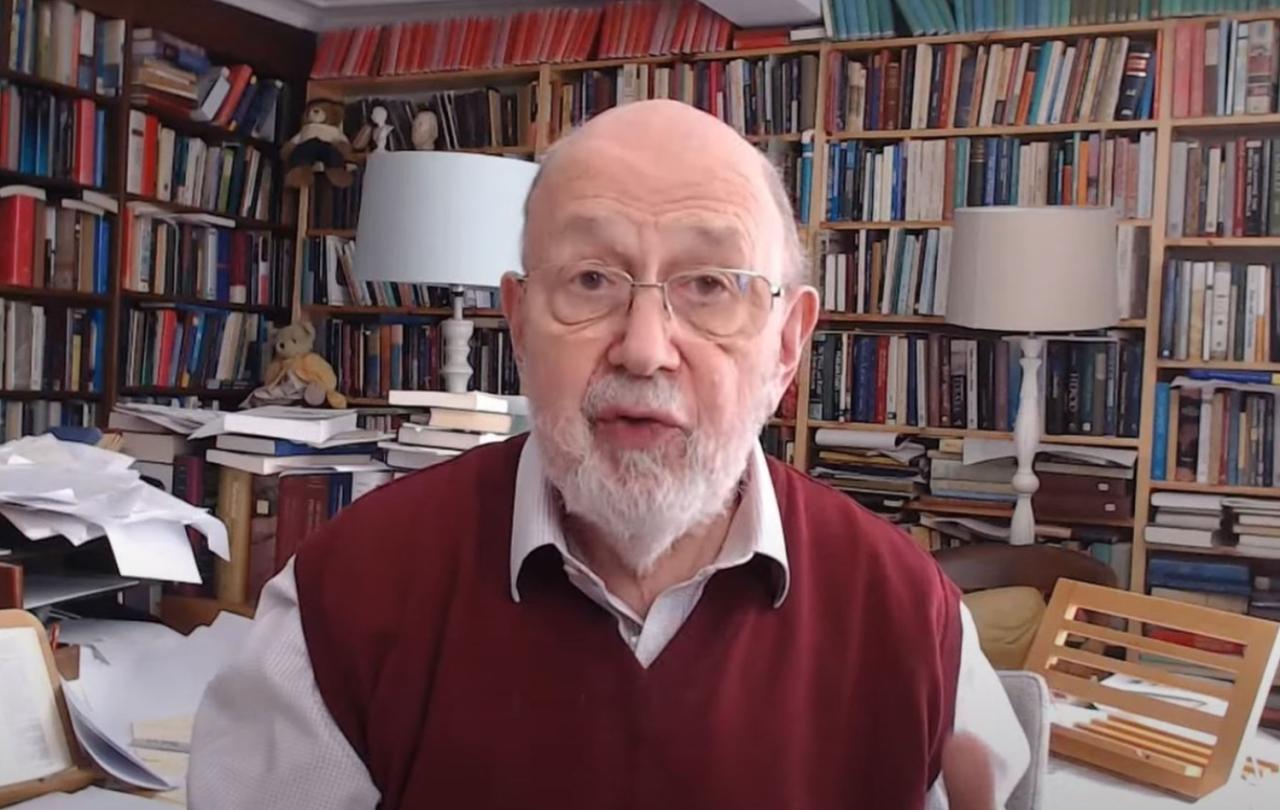In my work with Christians in Politics, bringing Christians together from across the political spectrum, I have become fairly good at spotting when folks start to lose touch with their primary identity. You notice it from the visceral, speedy reactions on social media, subliminally prioritising their immediate emotional state above the emotions of others.
Sadly, this accelerated during the COVID lockdowns, when it was all too easy to spot the radicalisation of previously fairly centred people. More time than usual on social media, more fear than usual from living through the global pandemic, all leading to them spending more time down algorithm-induced rabbit holes.
This is not about the elimination of emotion. Nor producing an anodyne, academic, rational public square. After all, many who believe that they are made in the image of God also follow the human who they believe perfected that image, and he spent plenty of time raging against injustice and turning over tables.
This is about avoiding the outsourcing of our identity to things that may be good, but that shouldn’t control us. Such things should influence us, but they shouldn’t forge us.
The term idol is useful as it is now in popular usage thanks to TV shows like American Idol. Something in us knows that such here-one-minute-gone-the-next celebrity is not exactly bad for us, but also that such celebrity does not exist without a large number of people giving inappropriate amounts of time and attention (proportional to their talent) to these celebrity lives.


